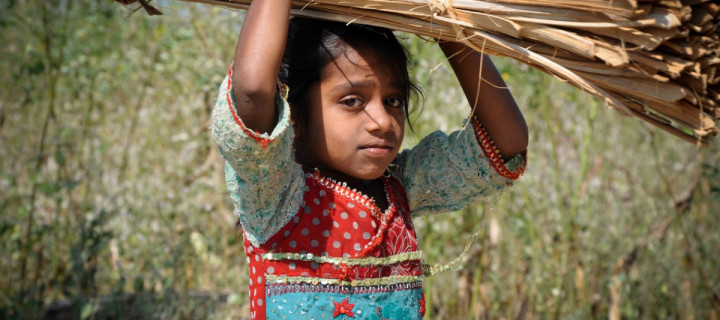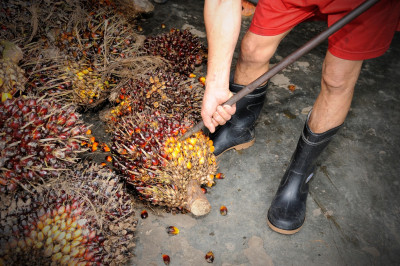
When it listed on the Kuala Lumpur Stock Exchange in 2012, FELDA Global Ventures, the world’s largest plantation operator, with over 2 million cultivated acres of oil palm oil, raised $3.1 billion. It was the second largest share offering that year after Facebook on NASDAQ.
Towards the end of 2020 the United States Customs and Border Protection (CBP) blocked import shipments from this same Malaysian company.
They found indications of forced and child labour, abusive conditions and debt bondage within its workforce of more than 15,000 Indian and Indonesian workers.

Top Glove accused of using forced labour
Earlier, in July, the CBP had blocked rubber gloves from Top Glove, the world’s largest producer and another Malaysian company, for forced labour among its 11,000 migrant workers.
These Malaysian companies are worthy successors to the regime that made British Malaya one of the most profitable territories of the Empire.
Long-term servitude through debt bondage was key to the success of local plantations, which brought over a million Indian immigrant workers to Malaya between 1844 and 1938 (oil palm plantation worker, pictured above).
This imported labour faced long hours of arduous work, harsh working and living conditions, low wages, malnutrition, poor health, and regular flogging for discipline.
Over a century later it seems little has changed. Top Glove, despite claiming innocence, will pay about US$40 million in reparations to impoverished workers so it can regain access to the US market.
Debt bondage is still alive today
The Los Angeles Times reported that company documents revealed the migrants paid mandatory recruitment fees, which trapped them in debt even before they began their employment.
A century ago, the costs of passage from India to Malaya were recovered as two years of a labourer’s wages. Then, as now, their low wages made it impossible to clear what they owed and so they were caught in a cycle of debt.
Malaysia was once an Asian Tiger but is now long in the tooth. It is politically fragile after a corruption fiasco involving the then Prime Minister shook the country, and still has some of its top companies operating a modern version of indentured labour. This former colony exhibits a stubbornness for keeping the old ways alive.
Modern Slavery Act has a part to play
Britain has an opportunity to remedy this long-running re-enactment of a really bad play. The UK Government must better enforce the Transparency in Supply Chains clause in the Modern Slavery Act, which will ultimately force Malaysian suppliers to raise their game or not get UK business.
Slavery in any form must not be in products on our shelves. We need to respect sovereignty, but the UK has an obligation to remind all nations, perhaps especially those in the Commonwealth, that we have evolved away from such inhumanity.
The Malaysian Government has said “no offences involving forced labour elements were detected” in Top Glove’s factories except non-compliance on social distancing, garnering fines of RM1,000 (£250).
It is equally unlikely that Malaysia will investigate or take action against FELDA, a company which is effectively controlled by the Malaysian Government, and for which forced labour issues have been well-documented for years. Unlike deforestation, say, slavery does not show up on a satellite image.
Malaysia was a worthy model of development for others in the Commonwealth to emulate – and it can be so again.
Britain has an opportunity to help make this happen by shining a light on any shadow of the past.
This is a guest article by By Puvan J Selvanathan, former UN Independent Expert on Business and Human Rights
Photos: iStock


